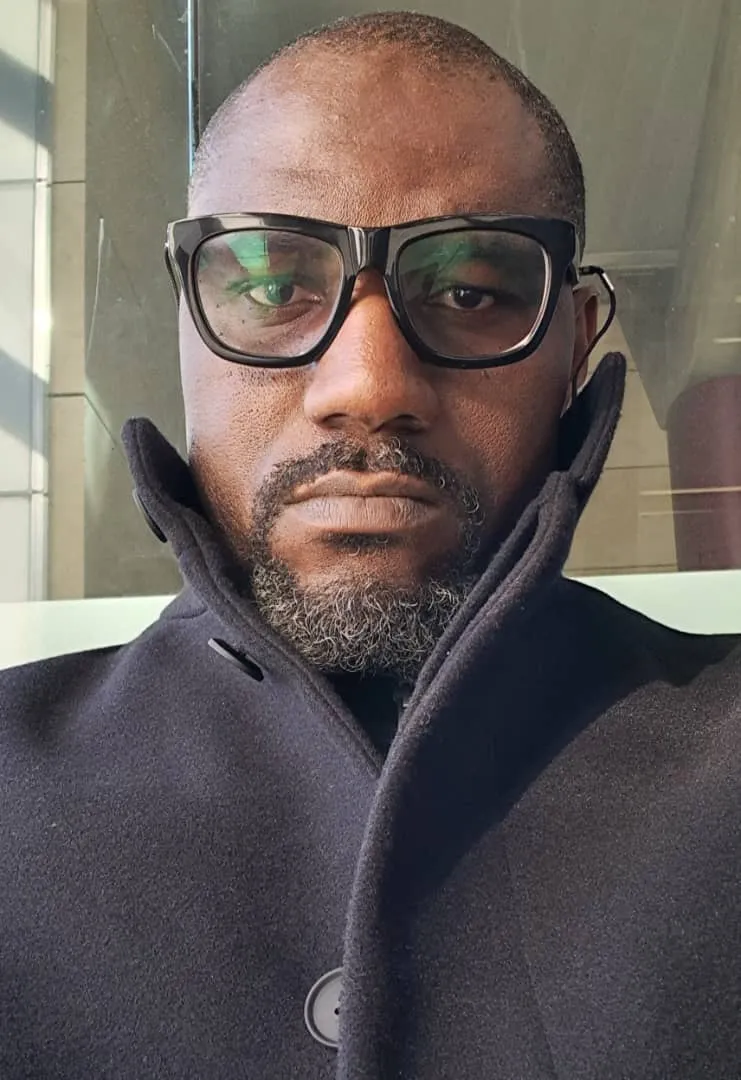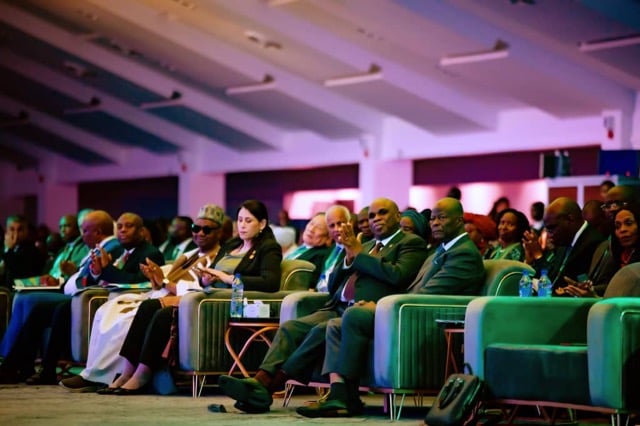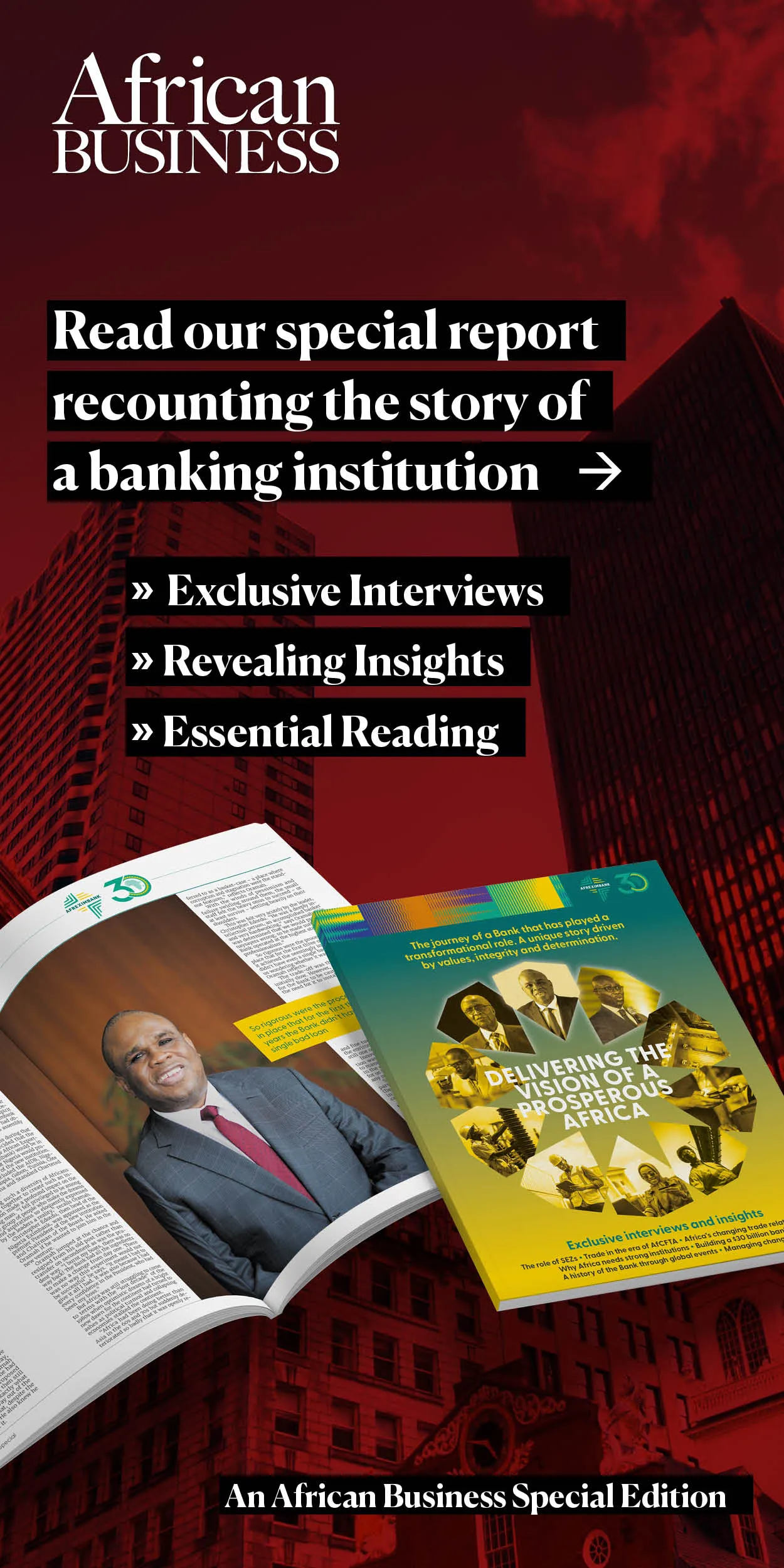This article was produced with the support of Afreximbank
Professor Jeffrey D. Sachs, a leading economist and thinker, champion of development economics and expert in global macroeconomics, has said Africa needs more debt rather than less.
While some experts believe Africa’s debt profile is high and unsustainable, Sachs does not agree with the assessment.
“Africa needs more debt not less debt,” he told Afreximbank’s 32nd Annual Meetings.
“The problem with African debt is not the scale, it is that it is short term and at high cost. Investments require a 20 to 30 year time horizon. Long term, reliable financing is the key.”
He also said rating agencies too often apply a “crude” approach to rating African countries.
In his view, “the way rating agencies make sovereign ratings differs from how they make business ratings. With sovereign ratings they use a crude model and then they apply what they call the sovereign ceiling concept. The sovereign ceiling is completely outdated.”
“The rating agencies do not understand development. Their job is to predict the risk of a credit event or a default. They’re pretty good at that but what is missing is a design of strategy in Africa to take advantage of the fact that Africa’s growth prospect is actually the highest in the world, something that rating agencies don’t understand and don’t even incorporate into their models.
“African governments individually just need to show to the rating agencies, whether it’s an African rating agency or Moody’s, here is our scenario over the next 25 years. We are not going to default. This is absolutely sound finance.”
Optimistic vision
Sachs evinced an optimistic vision of Africa’s future.
“I believe that the next decades are Africa’s turn for super-charged economic growth,” the Harvard-educated economist told the audience.
Citing examples from Asia, he said: “India and China grew rapidly by exporting to the world. The next period of rapid growth is Africa’s from now to 2063 but China and India won’t stop growing.”
But to achieve economic growth, Professor Sachs said African nations must focus on three key areas.
“The goldmine for Africa is investment in education. No country grows without investing in its young people’s education and creating a skilled work force. Do this and Africa will have it made. It is core to China’s success and a core part of India’s success.”
“The second goldmine is investment in infrastructure. Electricity, digital access and transport networks for everyone which means a lot of construction as Africa builds its physical infrastructure.”
The third area of focus, according to the economist, is “the business sector; the private economy. If the skilled work is there and the infrastructure is there, then Africa will experience a boom from the private sector which must be supported by the right policies.”
Speaking on how Africa can fund its development and growth, Professor Sachs said it should be a cocktail of domestic and international financial options.
“Domestic resource mobilisation and international capital are key to Africa’s growth. If international financing sees that Africa is growing, capital will pour in at low interest rates. We must make sure it’s low cost financing.”
Domestic financing for development, he noted, will come from African financial institutions who understand the peculiar needs and requirements.
In his words, “multilateral banks in Africa are essential to Africa’s growth. They are the pipeline to financing trade, human capital and industry.”

 Sign in with Google
Sign in with Google 
